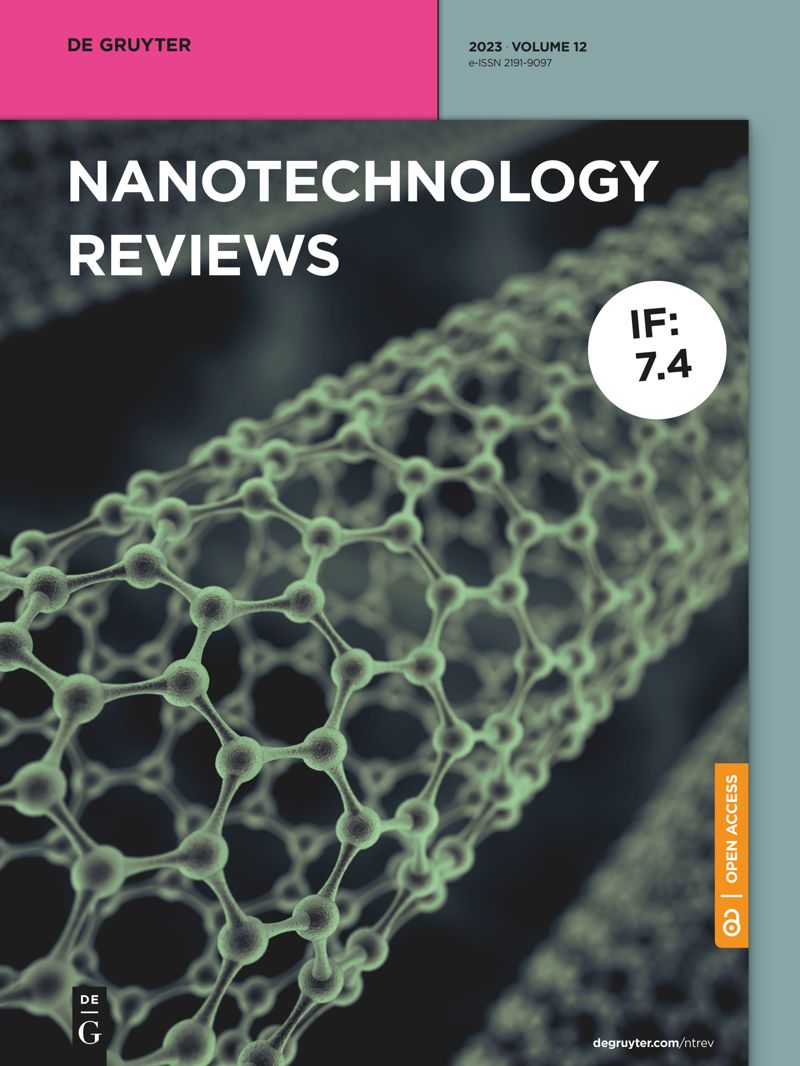Nanoparticles for the potential treatment of Alzheimer’s disease: A physiopathological approach
IF 6.1
3区 材料科学
Q1 CHEMISTRY, MULTIDISCIPLINARY
引用次数: 0
Abstract
Abstract Alzheimer’s disease (AD) is a multifactorial neurodegenerative central system disease with a high prevalence among the elderly and is the most common form of dementia. Oxidative stress is crucial on AD pathogenesis and leads to deposition of neurofibrillary tangles and Aβ plaques; therefore, the use of natural antioxidants or ROS scavengers could help avoid the formation of these aggregates. Similarly, Aβ-degrading/anti-aggregating molecules could help arrest AD progression. Otherwise, traditional anti-Alzheimer drugs such as acetylcholinesterase inhibitors help improve memory and attention deficits. Nevertheless, all these drugs are extensively metabolized, have low plasma concentration, and cannot cross the blood–brain barrier freely. This review discusses different strategies for nanocarrier conjugation of these drugs for brain targeting and delivery, and new approaches on AD treatment according to the most accepted hypotheses of AD pathogenesis. Although none of the existent compounds or drugs can completely arrest the disease’s progression, nanocarrier development of anti-Alzheimer drugs could help delaying the initial or late stages of neurodegeneration. The discovery of new and more complex nanosystems with multiple approaches in AD treatment is needed and will be the next step in AD treatment in the near future.纳米颗粒对阿尔茨海默病的潜在治疗:一种生理病理方法
阿尔茨海默病(AD)是一种多因素神经退行性中枢系统疾病,在老年人中发病率高,是最常见的痴呆形式。氧化应激在阿尔茨海默病的发病机制中起关键作用,并导致神经原纤维缠结和β斑块的沉积;因此,使用天然抗氧化剂或活性氧清除剂可以帮助避免这些聚集体的形成。同样,a β-降解/抗聚集分子可以帮助阻止AD的进展。否则,传统的抗阿尔茨海默病药物,如乙酰胆碱酯酶抑制剂,有助于改善记忆力和注意力缺陷。然而,所有这些药物被广泛代谢,血浆浓度低,不能自由穿过血脑屏障。本文根据目前公认的阿尔茨海默病发病机制假说,综述了这些药物的不同纳米载体偶联脑靶向和递送策略,以及阿尔茨海默病治疗的新途径。虽然现有的化合物或药物都不能完全阻止疾病的发展,但抗阿尔茨海默病药物的纳米载体开发可以帮助延缓神经退行性疾病的初期或晚期阶段。在不久的将来,需要发现新的和更复杂的具有多种治疗方法的纳米系统,这将是阿尔茨海默病治疗的下一步。
本文章由计算机程序翻译,如有差异,请以英文原文为准。
求助全文
约1分钟内获得全文
求助全文
来源期刊

Nanotechnology Reviews
CHEMISTRY, MULTIDISCIPLINARY-NANOSCIENCE & NANOTECHNOLOGY
CiteScore
11.40
自引率
13.50%
发文量
137
审稿时长
7 weeks
期刊介绍:
The bimonthly journal Nanotechnology Reviews provides a platform for scientists and engineers of all involved disciplines to exchange important recent research on fundamental as well as applied aspects. While expert reviews provide a state of the art assessment on a specific topic, research highlight contributions present most recent and novel findings.
In addition to technical contributions, Nanotechnology Reviews publishes articles on implications of nanotechnology for society, environment, education, intellectual property, industry, and politics.
 求助内容:
求助内容: 应助结果提醒方式:
应助结果提醒方式:


